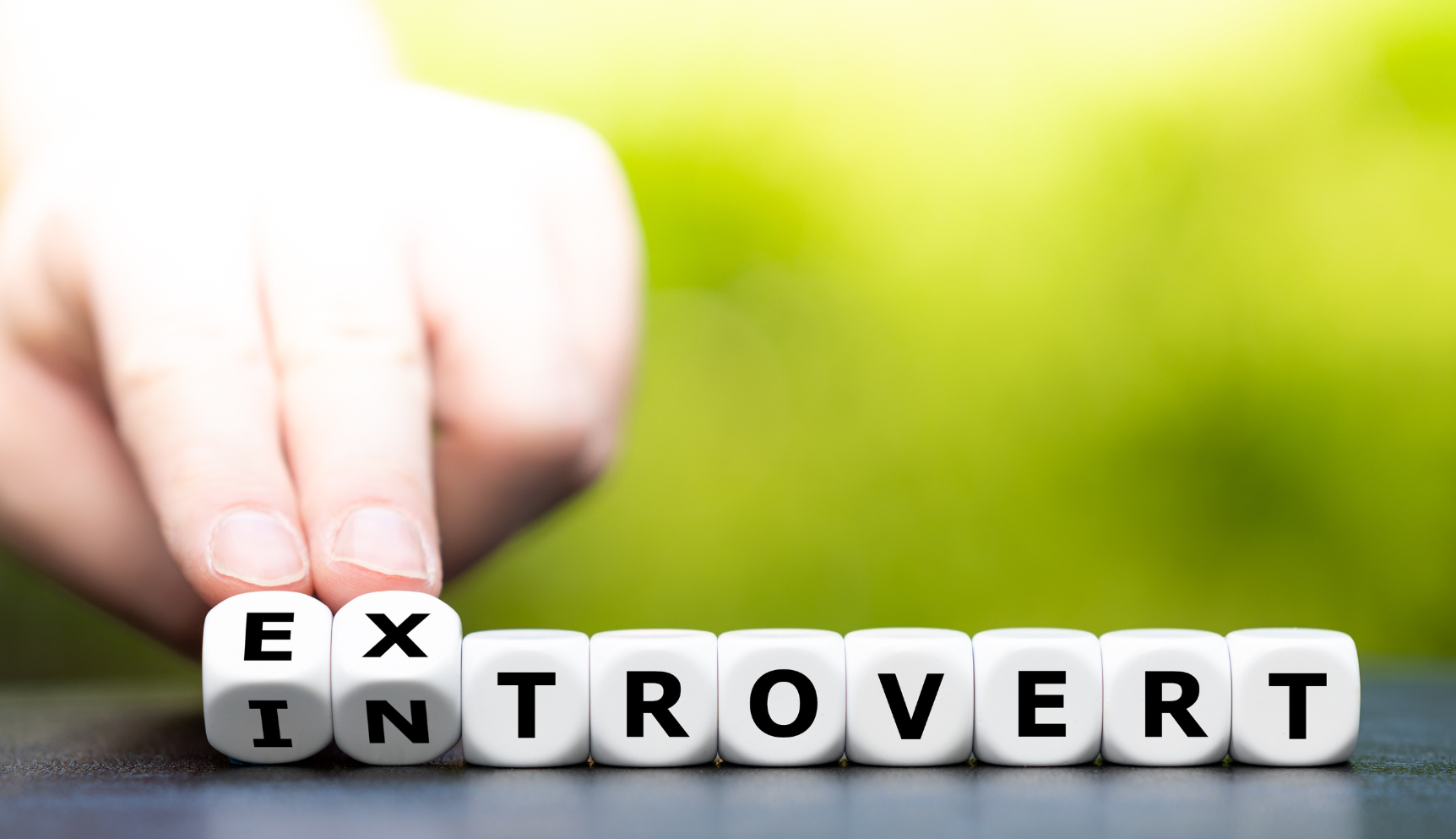What Makes Someone an Extrovert Definition
Are you the life of the party, energized by socializing and meeting new people? Or do you prefer quiet nights in and one-on-one conversations with close friends? If you identify more with the former, you might consider yourself an extrovert. But what exactly does that mean? In this article, we’ll explore the definition of extroversion, what science has to say about it, and some tips for self-care.
What Does Science Say About the Extrovert Personality Type?

Extrovert Type vs. Trait
If you’ve ever taken a personality test like the Myers-Briggs Type Inventory (MBTI), you may have been assigned a type that starts with E for extrovert or I for introvert. However, current research suggests that extroversion exists on a continuum rather than as a distinct type of person.
According to Gabriel Olaru, PhD, an assistant professor of developmental psychology at Tilburg University in the Netherlands, the results of personality tests like the MBTI fall on a bell curve. Rather than sorting into distinct groups, most people fall within the average range, with fewer individuals being extremely extroverted or introverted.
This means that while the concept of the extrovert personality type may be appealing, it doesn’t entirely reflect scientific evidence. Instead, psychologists believe that extroversion is a trait that can vary in degree from person to person.
In fact, extensive research supports the idea that extroversion, as a trait, is largely scientifically valid. For example, one study gave the Big Five Inventory to nearly 18,000 participants in 56 countries. The Big Five Inventory measures five key personality traits: extroversion, agreeableness, conscientiousness, neuroticism, and openness. The results found that extroversion was one of the most consistent traits across cultures.
Extroversion and Health
One of the most significant findings regarding extroversion is its relationship with certain health outcomes. Compared to introverts, extroverts tend to have better physical health, including a stronger immune system and lower levels of stress hormones.
Extroverts also tend to have more active lifestyles, which can contribute to better cardiovascular health. However, this doesn’t mean that introverts are automatically unhealthy; these are simply general trends observed in research.
Another way that extroversion affects health is through social support. Extroverts tend to have larger social networks, which can provide emotional support during times of stress. In contrast, introverts may prefer deeper connections with a few close friends rather than many acquaintances.
Self-Care Tips for Extroverts
While extroversion can have many benefits, it’s important to practice self-care to avoid burnout. Here are some tips for extroverts:
- Make time for alone time: Even though extroverts thrive on social interaction, it’s essential to have some quiet time to recharge. Schedule regular periods of solo activities like reading, writing, or meditating.
- Set boundaries around social interactions: As an extrovert, you might be inclined to say yes to every invitation or opportunity for socializing. However, it’s crucial to prioritize your own needs and set limits on your social interactions. This might mean saying no to an event or leaving early.
- Engage in physical activity: Extroverts are often drawn to high-energy activities like team sports or dance classes. Regular exercise not only improves physical health but can also boost mood and reduce stress.
What Causes Extroversion

While researchers have identified many factors that contribute to personality traits like extroversion, there is no definitive answer to what causes it. Some possible theories include:
- Genetics: Studies have shown that genetic factors account for around 50% of individual differences in extroversion.
- Brain chemistry: Neurotransmitters like dopamine and serotonin are linked to pleasure and reward, which may explain why some individuals seek out social interaction more than others.
- Environmental factors: Childhood experiences and cultural norms can also shape personality development. For example, growing up in an environment that values socializing and outgoingness could influence the development of extroverted traits.
It’s important to note that while these factors may contribute to extroversion, they don’t necessarily determine it. There is still much research to be done on the complex interplay between nature and nurture in shaping personality.
Is It Okay to Call Yourself an Extrovert?
In short, yes! While there is no one-size-fits-all definition of what an extrovert is, if you feel that the term resonates with your personality, then go ahead and use it.
However, it’s essential to remember that personality traits exist on a continuum, and no one is 100% extroverted or introverted. Additionally, using labels can sometimes lead to stereotypes or assumptions about individuals’ personalities, so it’simportant to remember that everyone is unique and cannot be fully defined by any one label.
It’s also important to avoid using the term “extroverted” as a synonym for outgoing or sociable. While these traits may often coexist with extroversion, they are not interchangeable. Some extroverts may be shy or introverted in certain situations, while some introverts may enjoy socializing in small groups.
Ultimately, the most important thing is to understand and accept your own personality, whether you identify as an extrovert, introvert or somewhere in between.
Video
Conclusion
In conclusion, there is much more to extroversion than simply being outgoing or sociable. Extroversion is a personality trait that exists on a continuum and can vary in degree from person to person. While extroversion has been linked to certain health outcomes, it’s important for individuals to practice self-care and set boundaries to avoid burnout.
While the term “extrovert” can be useful in understanding one’s personality, it’s essential to remember that personality is complex and cannot be fully defined by any one label. The most important thing is to understand and accept your own personality, whatever that may be. So go ahead and embrace your extroverted traits, but don’t forget to take care of yourself along the way.
















